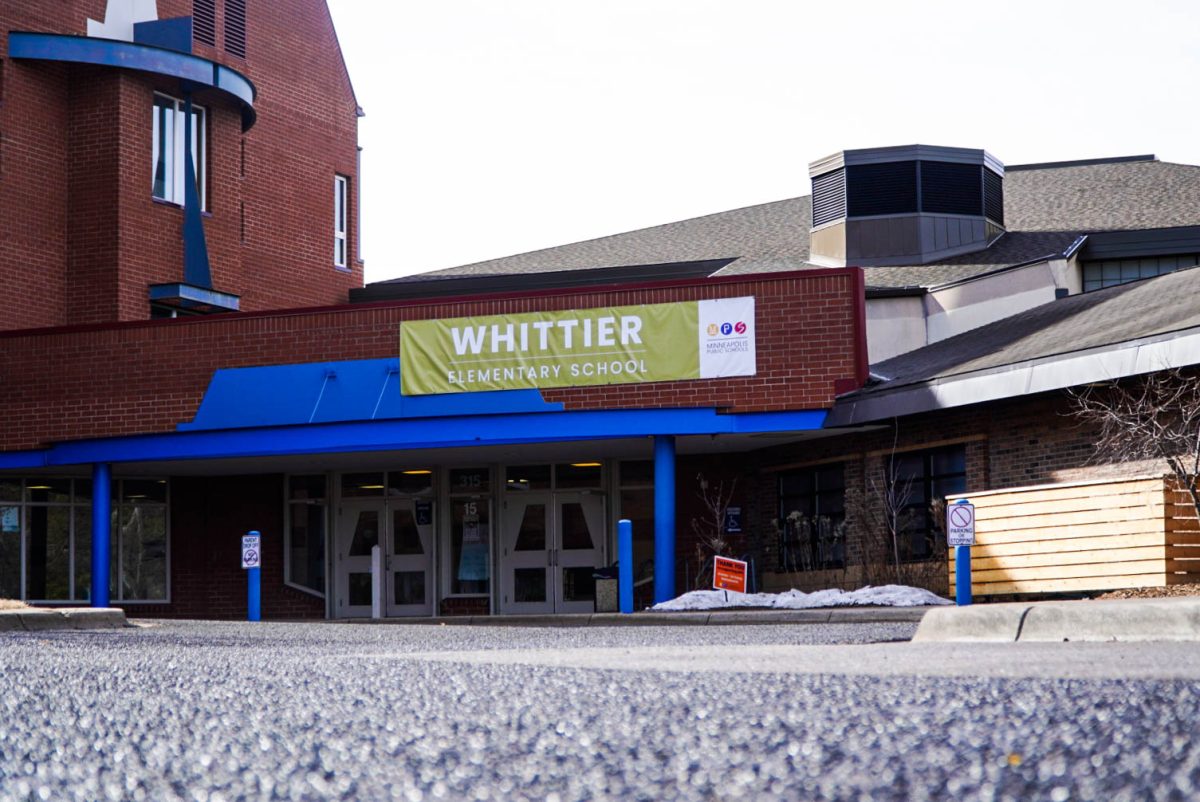Over a three day period this week, students in the School of Public Health at the University of Minnesota were given the opportunity to share stories of difficulties under-resourced or marginalized students may face in their courses.
The initiative — called Our Voices Matter — was held from Monday to Wednesday and collected over 100 stories. The project was created to push SPH to address diversity and disparities in public health.
Diversity Matters, the student group that organized the event, plans to present these stories to SPH faculty to highlight possible shortcomings in regards to diversity, as well as positive things the school can expand on.
Over the three days, organizers stood in the lobby of the Mayo Building and asked students to record positive and negative stories regarding their experiences with diversity in SPH, either on a notecard posted on the wall or deposited in a box, or through anonymous online posts.
As a reward, the students who submitted their stories were offered free espresso on Monday, succulents on Tuesday and pizza on Wednesday.
“Collecting these stories provides us with the tools necessary to show that there are concerns, but there’s areas for improvement,” said Sabrina Roowala, one of the organizers of the event, who studies community health promotion. “Our goal is then to utilize the stories to serve as … vignettes for faculty and staff training.”
Roowala said SPH classes often leave health equity and health disparities out of their discussions. If these issues are brought up, they are often discussed without acknowledging systemic flaws in public health.
Kelsey Buhr, a second year master student in the School of Public Health and an organizer of the event, said she saw a need for students to share their experiences.
“We really felt that in order to best do that, we needed a solid representation of the student community having their voices heard,” Buhr said.
Overall, the group hopes that this approach will lead to measurable changes within SPH.
“I hope, as an administrator, that students are able to leverage the information that they collect and help us administrators to understand the actual climate,” said Lauren Eldridge, the coordinator of diversity, equity, and inclusion at the School of Public Health. “Change cannot happen when we don’t know each others’ experiences.”








